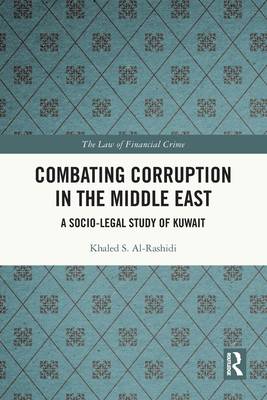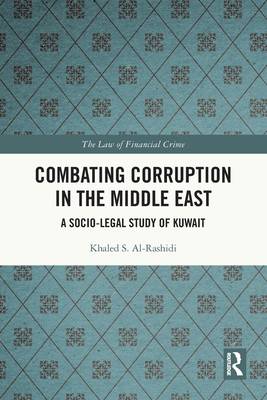
- Retrait gratuit dans votre magasin Club
- 7.000.000 titres dans notre catalogue
- Payer en toute sécurité
- Toujours un magasin près de chez vous
- Retrait gratuit dans votre magasin Club
- 7.000.000 titres dans notre catalogue
- Payer en toute sécurité
- Toujours un magasin près de chez vous
Description
This book examines the phenomenon of 'grand corruption' in Kuwait and the pattern in the wider region.
Taking an interdisciplinary approach, the work places corruption in its sociological, political and economic context to explore the relationship between the characteristics of Kuwait as a state with an endemic corruption problem. It then focuses on laws and regulations as key problem-solving mechanisms. In doing so, it identifies, explores, and assesses the existing counter-corruption laws and regulations in Kuwait in a broad socio-political-economic context. The work goes beyond doctrinal legal research, employing empirical methodology based on semi-structured interviews with elite politicians and professional experts from criminal justice and non-governmental organisations (NGOs). These valuable and original insights are reflected upon throughout the study.
The grand corruption that permeates the tier of high-profile officials in Kuwait is replicated in many developing countries where accountability mechanisms regularly suffer from lack of enforcement. The appeal of this book is its application to numerous jurisdictions, and the Gulf Cooperation Council (GCC) countries and Middle East in particular. It will be a valuable resource for academics, researchers, and policymakers working in the areas of financial crime and corruption.
Spécifications
Parties prenantes
- Auteur(s) :
- Editeur:
Contenu
- Nombre de pages :
- 288
- Langue:
- Anglais
- Collection :
Caractéristiques
- EAN:
- 9780367721794
- Date de parution :
- 26-09-22
- Format:
- Livre broché
- Format numérique:
- Trade paperback (VS)
- Dimensions :
- 156 mm x 234 mm
- Poids :
- 435 g







